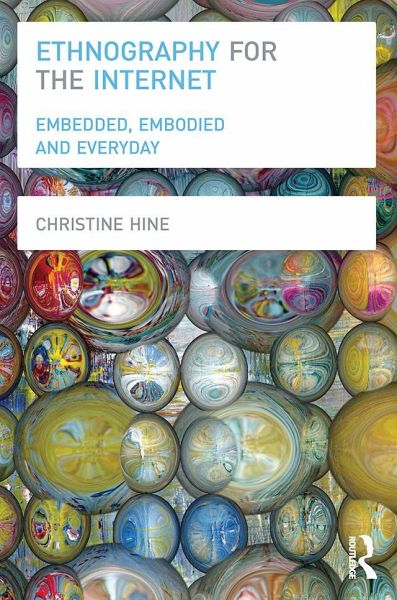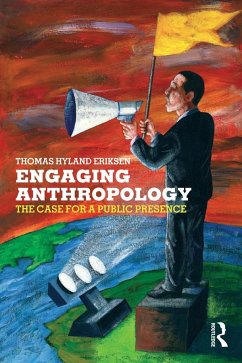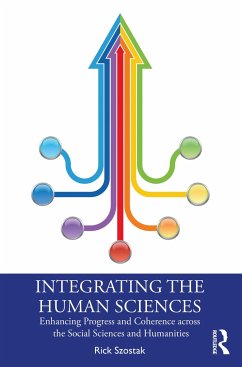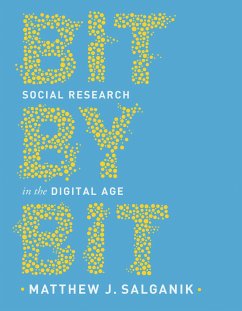
Ethnography for the Internet
Embedded, Embodied and Everyday
Versandkostenfrei!
Versandfertig in 6-10 Tagen
34,99 €
inkl. MwSt.
Weitere Ausgaben:

PAYBACK Punkte
17 °P sammeln!
The internet has become embedded into our daily lives, no longer an esoteric phenomenon, but instead an unremarkable way of carrying out our interactions with one another. Online and offline are interwoven in everyday experience. Using the internet has become accepted as a way of being present in the world, rather than a means of accessing some discrete virtual domain. Ethnographers of these contemporary Internet-infused societies consequently find themselves facing serious methodological dilemmas: where should they go, what should they do there and how can they acquire robust knowledge about ...
The internet has become embedded into our daily lives, no longer an esoteric phenomenon, but instead an unremarkable way of carrying out our interactions with one another. Online and offline are interwoven in everyday experience. Using the internet has become accepted as a way of being present in the world, rather than a means of accessing some discrete virtual domain. Ethnographers of these contemporary Internet-infused societies consequently find themselves facing serious methodological dilemmas: where should they go, what should they do there and how can they acquire robust knowledge about what people do in, through and with the internet?This book presents an overview of the challenges faced by ethnographers who wish to understand activities that involve the internet. Suitable for both new and experienced ethnographers, it explores both methodological principles and practical strategies for coming to terms with the definition of field sites, the connections between online and offline and the changing nature of embodied experience. Examples are drawn from a wide range of settings, including ethnographies of scientific institutions, television, social media and locally based gift-giving networks.














